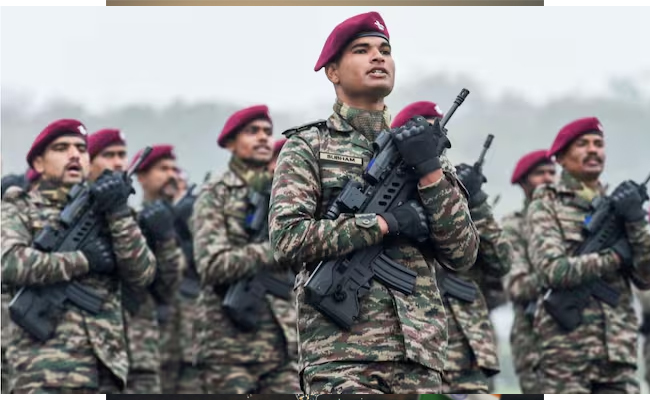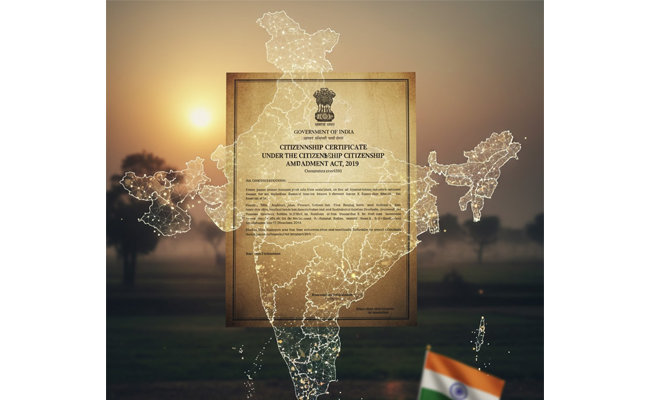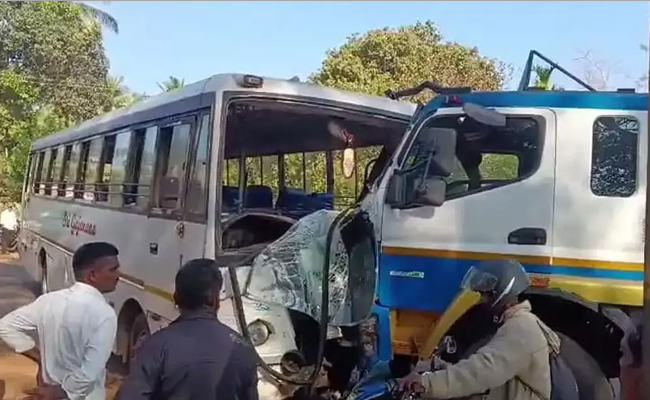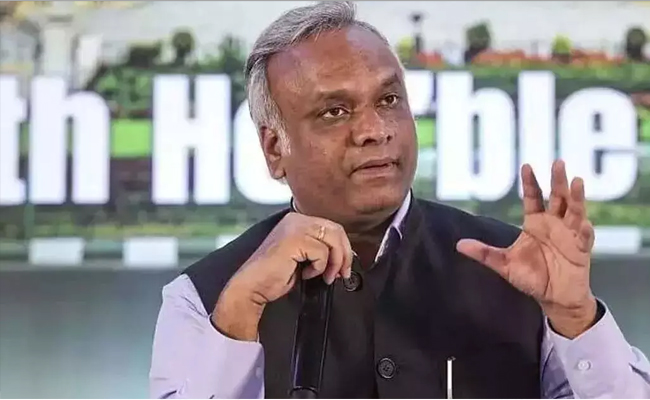New Delhi: A recent report from the U.S. Special Inspector General for Afghanistan Reconstruction (SIGAR) has unveiled that the U.S. The State Department might have accidentally funneled at least $239 million to the Taliban since the U.S. troop withdrawal from Afghanistan in 2021, reports themainewire.com.
The SIGAR according to Wikipedia is a U.S. government's leading oversight authority on Afghanistan reconstruction. Congress created the Office of the Special Inspector General for Afghanistan Reconstruction to provide independent and objective oversight of the Afghanistan Reconstruction funds.
Meanwhile, the SIGAR report highlights significant lapses in compliance with partner vetting requirements by the State Department. "State officials acknowledged that not all bureaus complied with document retention requirements," wrote the Maine Wire quoting the report, identifying at least $293 million in Afghanistan-related disbursements that lacked proper vetting documentation.
This $239 million figure is separate from the approximately $7 billion worth of military equipment, including Humvees and Black Hawk helicopters, left behind by U.S. forces, now presumably in the hands of Taliban.
The chaotic withdrawal of the Military by the Biden administration resulted in the loss of 13 U.S. soldiers and 170 Afghan civilians in a suicide bombing at Hamid Karzai International Airport. Additionally, the decision to evacuate through Kabul’s central airport instead of the more secure Bagram Airfield has faced extensive criticism.
Following which, the Taliban took control of Afghanistan following the U.S. exit. They reportedly established over 1,000 non-profit organizations, calling it for humanitarian efforts, which SIGAR suggests may have served as fronts to secure U.S. taxpayer dollars.
SIGAR identified significant vetting failures in two State Department bureaus—the Bureau of Democracy, Human Rights, and Labor (DRL), and the Bureau of International Narcotics and Law Enforcement Affairs (INL). The report underscores the increased risk that these funds may have been embezzled or redirected to Taliban-associated organisations.
In the meantime, the report primarily recommends these bureaus to comply with existing vetting processes. However, it does not call for disciplinary actions against those responsible for the vetting failures nor suggest halting funding to Afghanistan, raising concerns about accountability and the continuation of potentially embezzeled funds.
The Afghanistan War, America’s longest foreign conflict, incurred an estimated $2.261 trillion cost to U.S. taxpayers and claimed the lives of 2,448 U.S. military personnel and 3,846 military contractors. The war also resulted in over 45,000 Afghan civilian deaths.
Let the Truth be known. If you read VB and like VB, please be a VB Supporter and Help us deliver the Truth to one and all.
Dehradun(PTI): After undergoing rigorous training at the Indian Military Academy (IMA) in Dehradun, 491 cadets participated in a grand Passing Out Parade on Saturday and will now be commissioned as officers in the Indian Army.
The spectacular parade, held at the historic Drill Square in front of the academy's Chatwood Building, was reviewed by Army Chief General Upendra Dwivedi, who served as the reviewing officer.
Along with 491 Indian cadets, 34 foreign cadets from 14 friendly countries also participated in the Autumn Term 2025 Passing Out Parade.
A total of 525 officer cadets from the 157th Regular Course, 46th Technical Entry Scheme, 140th Technical Graduate Course, 55th Special Commissioned Officers Course, and Territorial Army Online Entrance Exam 2023 Course participated in the Passing Out Parade.
The 'Sword of Honour' and gold medal for securing first place during training was awarded to ACA Nishkal Dwivedi, the silver medal to BUO Badal Yadav for second place, and the bronze medal to SUO Kamaljeet Singh for third place.
The silver medal for securing first place in the 'Technical Graduate Course' was awarded to Officer Cadet Jadhav Sujit Sampat, and the silver medal for first place in the 'Technical Entry Scheme-46' was awarded to WCC Abhinav Mehrotra.
The silver medal for the 'Special Commission Officer Course' was given to Officer Cadet Sunil Kumar Chhetri.
Among the foreign cadets, the first place in merit was secured by JUO Mohammad Safin Ashraf from Bangladesh. The Army Chief's Banner for overall best performance in the Autumn Term was awarded to Imphal Company.
As the parade concluded, helicopters showered flowers on the newly commissioned officers from the sky.
On this occasion, General Dwivedi congratulated the new officers in his address for successfully completing their training. He praised the young officers for their high level of discipline, leadership qualities, and endurance, and urged them to uphold the glorious traditions of the Indian Army and serve the nation with loyalty, commitment, and honour.
General Dwivedi said that joining the army marks the beginning of a lifelong duty and selfless service.
The parents and guardians of the newly commissioned officers were also present during the passing out parade.





